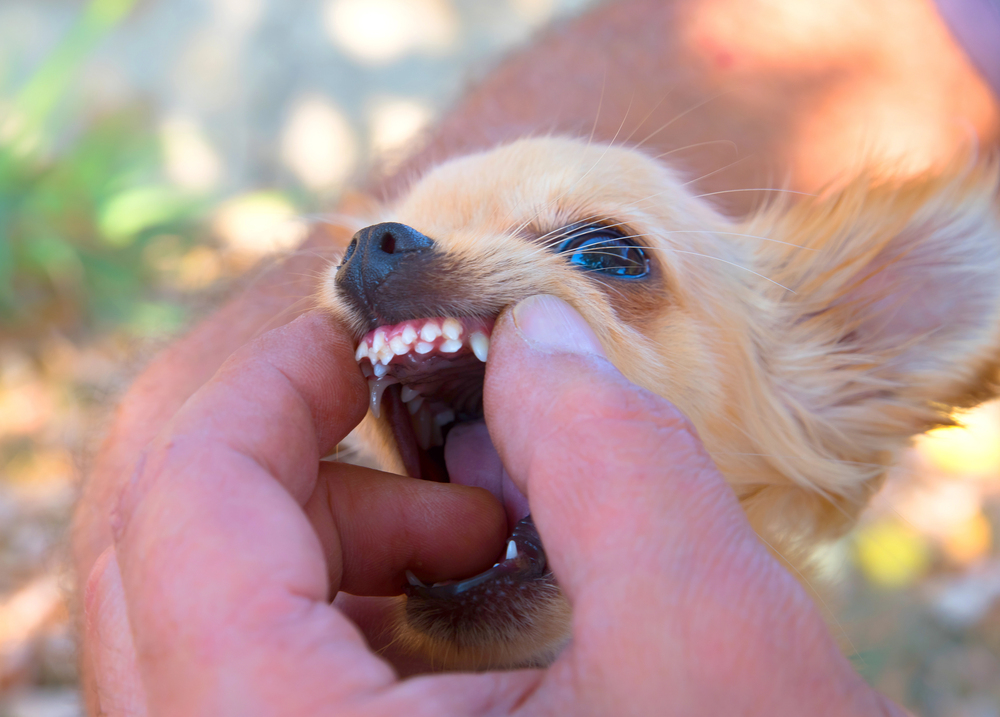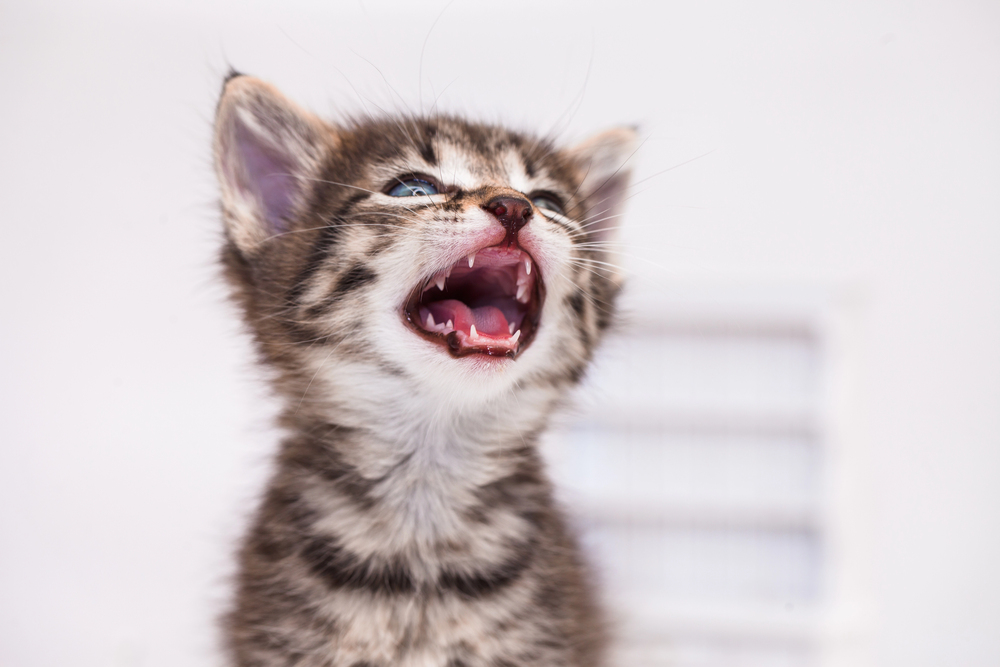
Baby teeth in dogs and cats are crucial for their early development, serving as the foundation for their permanent teeth. This guide provides a detailed overview of baby teeth in these animals, covering their development, common issues, care, and frequently asked questions.
What Are Baby Teeth?
Baby teeth, also known as milk teeth or deciduous teeth, are the first set of teeth that puppies and kittens develop. These temporary teeth begin to emerge around three weeks of age in puppies and four weeks in kittens, eventually being replaced by permanent adult teeth.
Development and Eruption
Puppies:
- Teething Timeline: Puppies generally start teething around three weeks of age and have a full set of 28 baby teeth by six weeks.
- Eruption Sequence: The incisors come in first, followed by the canines, and then the premolars.
Kittens:
- Teething Timeline: Kittens typically begin teething around four weeks and have a full set of 26 baby teeth by eight weeks.
- Eruption Sequence: Similar to puppies, kittens’ incisors erupt first, followed by the canines, and then the premolars.
Common Issues with Baby Teeth
Retained Baby Teeth:
- Description: Occasionally, baby teeth do not fall out as they should, leading to retained This can cause misalignment of adult teeth and crowding.
- Management: Retained baby teeth may require extraction by a veterinarian to prevent long-term dental issues.
Early Loss of Baby Teeth:
- Description: Baby teeth that fall out prematurely can affect the alignment of adult teeth.
- Management: Monitor your pet for signs of misalignment and consult your veterinarian if early loss occurs.
Teething Pain:
- Description: Teething can cause discomfort and irritability in puppies and kittens.
- Management: Provide appropriate chew toys and soft foods to help alleviate discomfort.

Care for Baby Teeth
Oral Hygiene:
- Description: Good oral hygiene is essential even for baby teeth to prevent dental issues.
- Recommendations: Start brushing your pet’s teeth early with pet-safe toothpaste and Regular dental check-ups are important to monitor their oral health.
Diet:
- Description: A balanced diet supports healthy teeth and Like T/d hills and Dental Royal Canin Dry Food.
- Recommendations: Feed high-quality pet food suitable for your pet’s Avoid giving hard objects that could damage their teeth.
Veterinary Check-Ups:
- Description: Regular vet visits help monitor the development of your pet’s teeth.
- Recommendations: Schedule routine dental check-ups to ensure your pet’s teeth are developing properly and to address any concerns.
FAQ on Baby Teeth in Dogs and Cats
1. How can I tell if my puppy or kitten is teething?
- Answer: Signs of teething include chewing on objects more frequently, irritability, and a tendency to You might also see teeth falling out or the presence of baby teeth in their bedding.
2. What should I do if I notice a retained baby tooth?
- Answer: If a baby tooth doesn’t fall out as expected, consult your Retained teeth can cause misalignment of adult teeth and may require extraction to avoid dental issues.
3. Is it normal for baby teeth to fall out prematurely?
- Answer: While some early loss of baby teeth can occur, it is important to monitor your pet’s dental development. Consult your veterinarian if premature loss is accompanied by other issues or signs of misalignment.
4. How often should I brush my puppy’s or kitten’s teeth?
- Answer: Ideally, brush your pet’s teeth daily to maintain oral If daily brushing is not feasible, aim for several times a week. Use a toothbrush and toothpaste specifically designed for pets.
5. When should I start taking my puppy or kitten to the vet for dental check-ups?
- Answer: Start regular veterinary dental check-ups as soon as your pet’s baby teeth begin to This helps monitor their dental development and address any issues early.
6. Can teething affect my pet’s behavior?
- Answer: Yes, teething can cause discomfort, leading to irritability and changes in Providing chew toys and soft food can help alleviate some of this discomfort.
7. How can I ensure my pet’s adult teeth come in properly?
- Answer: Maintain good oral hygiene, provide a balanced diet, and schedule regular veterinary check-ups to monitor dental development. Address any issues such as retained baby teeth or misalignment promptly.
8. What are the signs of dental problems in puppies and kittens?
- Answer: Signs include bad breath, difficulty eating, swelling in the mouth, and abnormal chewing If you notice these signs, consult your veterinarian for an evaluation.
Conclusion
Baby teeth are an important part of a young dog’s or cat’s development. By understanding their development, recognizing common issues, and providing proper care, you can help ensure a smooth transition to adult teeth. Regular veterinary check-ups and good oral hygiene are key to maintaining your pet’s dental health and overall well-being. For any concerns about your pet’s teeth, don’t hesitate to consult your veterinarian for guidance and care.
